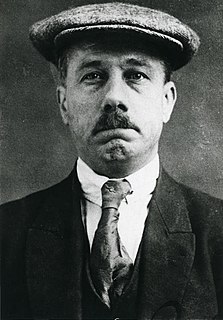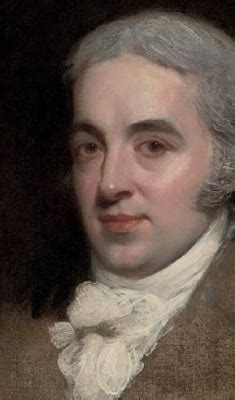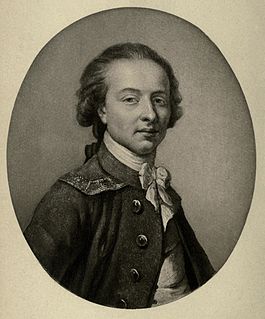A Quote by Friedrich Nietzsche
Nobody thanks a witty man for politeness when he puts himself on a par with a society in which it would not be polite to show one's wit.
Related Quotes
For the essence of sin is man substituting himself for God [Gen. 3:1-7], while the essence of salvation is God substituting himself for man [2 Cor. 5:21]. Man asserts himself against God and puts himself where only God deserves to be; God sacrifices himself for man and puts himself where only man deserves to be.
The art of being agreeable frequently miscarries through the ambition which accompanies it. Wit, learning, wisdom,--what can more effectually conduce to the profit and delight of society? Yet I am sensible that a man may be too invariably wise, learned, or witty to be agreeable; and I take the reason of this to be, that pleasure cannot be bestowed by the simple and unmixed exertion of any one faculty or accomplishment.
Old Madame du Deffand and her friends talked for fifty years without stopping. And of it all, what remains? Perhaps three witty sayings. So that we are at liberty to suppose either that nothing was said, or that nothing witty was said, or that the fraction of three witty sayings lasted eighteen thousand two hundred and fifty nights, which does not leave a liberal allowance of wit for any one of them.
If we apply the term revolution to what happened in North America between 1776 and 1829, it has a special meaning. Normally, the word describes the process by which man transforms himself from one kind of man, living in one kind of society, with one way of looking at the world, into another kind of man, another society, another conception of life.... The American case is different: it is not a question of the Old Man transforming himself into the New, but of the New Man becoming alive to the fact that he is new, that he has been transformed already without his having realized it.
The bonds between ourselves and another person exists only in our minds. Memory as it grows fainter loosens them, and notwithstanding the illusion by which we want to be duped and which, out of love, friendship, politeness, deference, duty, we dupe other people, we exist alone. Man is the creature who cannot escape from himself, who knows other people only in himself, and when he asserts the contrary, he is lying.









































